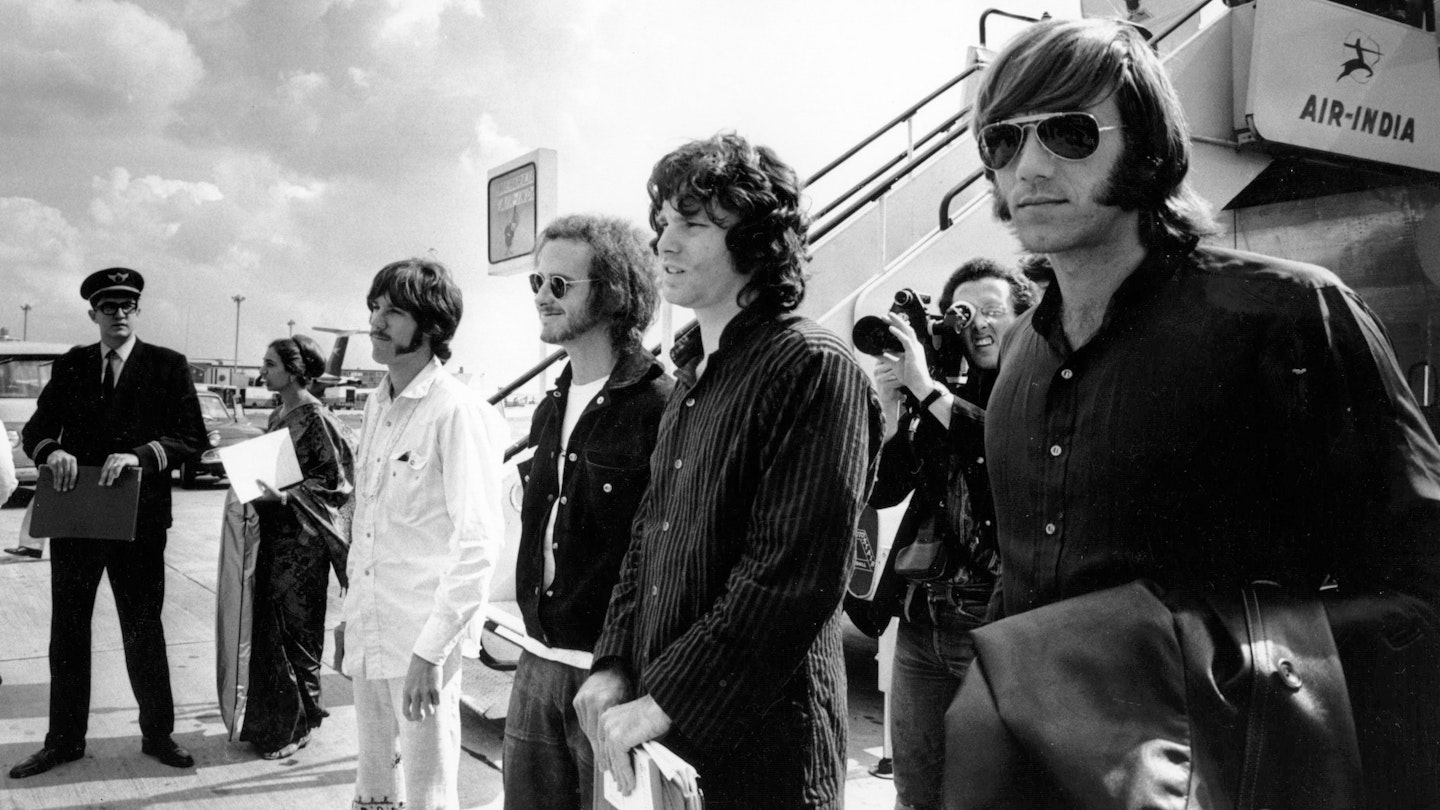Jim Morrison had been dead for 20 years when Oliver Stone made The Doors, a psychedelic biopic with Val Kilmer as the crash-and-burn rock singer-poet. He’s now been dead for almost twice as long, and his glamorous, dark ‘Lizard King’ image — though indelible — is overlaid by Kilmer’s heavy-eyed impersonation.
Morrison started as a film student, though he never finished anything releasable, and The Doors are among the most film-friendly of bands: Apocalypse Now introduced a whole new generation to The End (marrying the doomy tune to napalm holocausts), and The Lost Boys gained stature from Echo And The Bunnymen’s cover of People Are Strange. Writer-director Tom DiCillo (Johnny Suede, Living In Oblivion) compiles contemporary footage (including vivid sequences from HWY, an unfinished underground film Morrison starred in) and still images in this documentary, avoiding talking-heads retrospective interviews but keepingthe story going with wry, detailed commentary read by Johnny Depp.
It’s astonishing so much footage of The Doors at work and play exists. Now, with cameras in every phone, anyone’s life can be chronicled in detail with found footage, but in the ’60s it was rare. In all probability, a lot of this was shot by people who hoped to make a Don’t Look Back-style band-on-tour documentary but (in a recurring theme) didn’t get it finished. The film alludes to Morrison’s personal life — in interviews he claimed his parents were dead but it turned out his father was a Navy officer busy fighting the Vietnam war, and Morrison parted from his long-time girlfriend late in his short life to get married in an occult ceremony — but is more interested in the music.
Considering we wouldn’t care about rock stars if it weren’t for their work, it’s surprising that most rock docs are about the bad behaviour — which does come into it here, though study of photos taken on the night Morrison was busted for indecent exposure onstage suggests that the cops didn’t see what they thought. DiCillo unusually is fascinated by the music, and takes the trouble to add critic-like footnotes, analysing The Doors’ unique sound (no bass, extra keyboards) and assessing what the less suicidal members (drummer John Densmore, keyboardist Ray Manzarek, guitarist/songwriter Robby Krieger) added to the mix.
